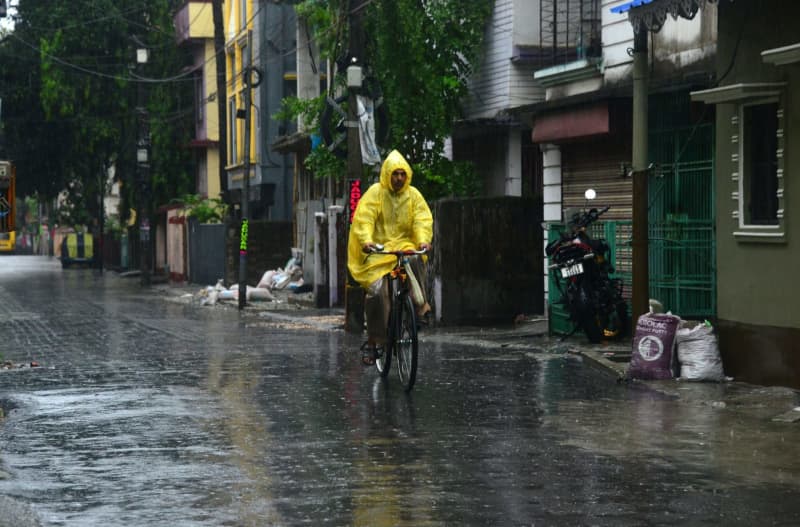Millions of refugees and displaced persons worldwide are bracing for a cold winter with far less assistance than in previous years, the UN Refugee Agency (UNHCR) said on Tuesday.
UNHCR’s Dominique Hyde said that, due to the sharp reduction in aid from Germany, the United States and many other countries, its support for refugees this winter will be “much less this year.”
“Humanitarian budgets are stretched to breaking point and the winter support that we offer will be much less this year,” said Hyde. “Families will have to endure freezing temperatures without things many of us take for granted: a proper roof, insulation, heating, blankets, warm clothes or medicine.”
The UNHCR wants to raise funds from private donors to compensate for some of the cuts in government support. It has launched an appeal for donations with a target of at least $35 million.
The money will be used to repair bombed houses and insulate others, the UN agency said. Families will receive blankets and money for medicine and hot meals.
Winter clothing for a refugee child in Moldova costs $95, the agency said. For the equivalent of $30, a family in Afghanistan could be provided with a traditional stove. With $120, a family in Lebanon could make their shelter winter-proof.
The agency said it was trying to help people in Ukraine, who are facing their fourth winter of war with temperatures often dropping to minus 20 degrees Celsius, as well as more than 2 million Afghans who have been forced to return to their homeland, some of them “empty-handed and with few prospects,” from Pakistan and Iran.
UNHCR also highlighted the plight of Syrians who returned to their homeland after the fall of the al-Assad government in December 2024 to find their homes partially destroyed.
According to the UNHCR, more than 12 million people in Ukraine are in need of assistance. The aid agency is currently supporting almost 400,000 people with cash payments, heaters, generators and energy storage devices.
“Russian attacks are increasingly targeting energy infrastructure, which hinder supplies of electricity, gas, water,” UNHCR warned. People in areas close to the front line are particularly at risk.
